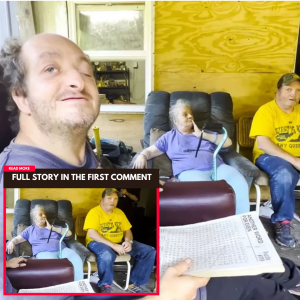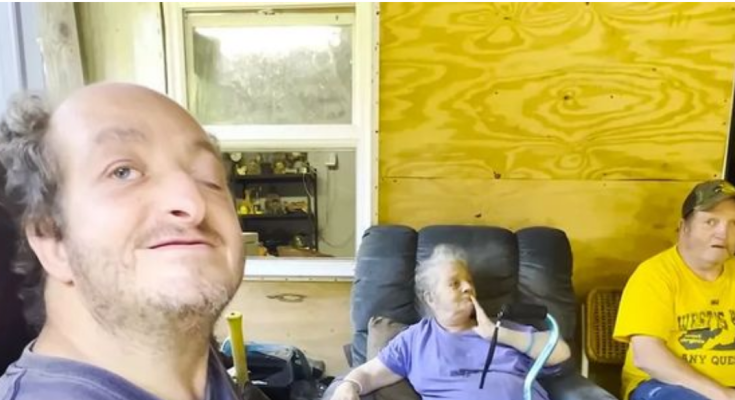The story of America’s most inbred family, the Whittakers, has captured the attention of millions thanks to filmmaker and photographer Mark Laita. Laita’s documentary project, Soft White Underbelly, brought the Whittaker family into the public eye, revealing a world of extreme poverty and genetic isolation in rural West Virginia. While the series shed light on their lives, Laita has now issued a stern warning to curious onlookers: stay away.

A Cautionary Tale
Mark Laita first encountered the Whittaker family during a photography project in 2004. Years later, he returned to document their lives in greater detail for Soft White Underbelly. The family, who live in a remote part of Appalachia, have become widely known due to Laita’s raw and unflinching portrayal of their living conditions, struggles, and unique dynamics.
While the videos have sparked curiosity and sympathy, they’ve also led to a darker side of fame. Laita has expressed concern about the surge of visitors traveling to see the Whittakers in person, often out of morbid fascination.
“People don’t understand how harmful it can be to show up uninvited,” Laita explained. “These are real people, living in extremely vulnerable circumstances. They deserve respect and privacy, not to be treated like a spectacle.”
The Impact of Exposure
The Whittaker family’s story has stirred up mixed reactions, with some viewers expressing compassion and a desire to help, while others have been criticized for exploiting the family’s situation for entertainment. The sudden fame has brought both financial aid and unwanted attention, with strangers occasionally arriving at the family’s property to take pictures or attempt interactions.
Laita has emphasized that while his intention was to raise awareness about the struggles of impoverished communities, the unintended consequences of the family’s exposure have made their lives more complicated in some ways.
A Call for Compassion
Laita’s warning is clear: visiting the Whittakers without permission or proper understanding of their situation is not only intrusive but potentially dangerous. The remote area they live in is isolated and poorly equipped to handle an influx of visitors, and the family’s complex needs require thoughtful, long-term support rather than fleeting curiosity.
Instead of attempting to visit, Laita encourages people to focus on meaningful ways to help. Donations and resources for impoverished families in Appalachia can make a real difference, as can efforts to advocate for systemic changes to address generational poverty and lack of healthcare in the region.
The Bigger Picture
The Whittakers’ story is more than a tale of one family—it’s a reflection of the struggles faced by many in forgotten parts of the United States. Laita’s work highlights the importance of empathy and the need to address the root causes of poverty and isolation.
As their story continues to resonate with audiences, the hope is that it sparks action rather than exploitation. For now, Mark Laita’s message is simple: respect the Whittakers’ humanity and leave them the privacy they deserve.

